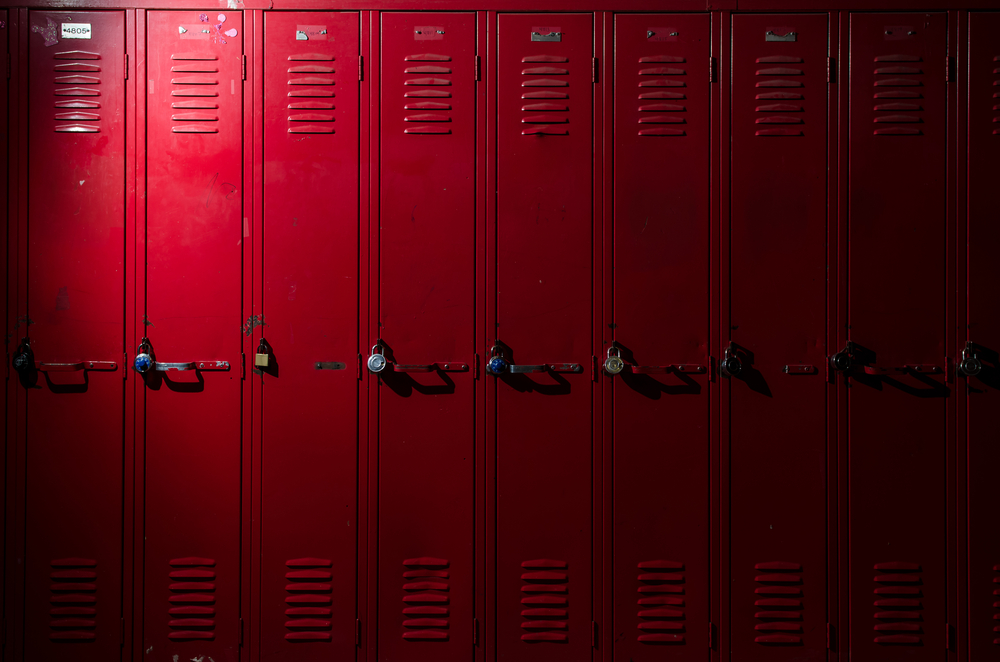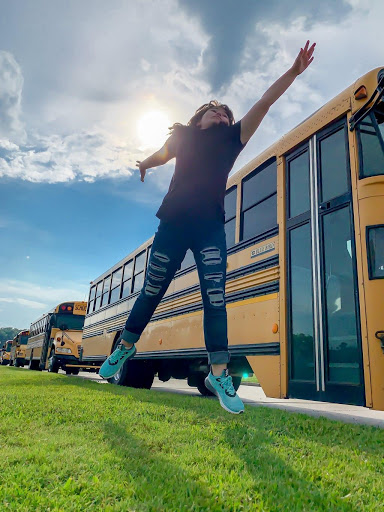How to Prepare Your Child for a Lockdown Drill

Over the past twenty years, the concept of school safety has changed considerably in meaning. Once associated with fire drills and playground injuries, school culture has now adopted lockdown drills as a part of regular safety protocol.
Children move through procedures where they sit quietly in darkened classrooms, hide in closets, or duck behind bookshelves, all to prepare for the unlikely, yet frightening, scenario of an armed intruder moving through the hallways.
What Are Lockdown Drills?
Lockdown drills are intentionally practiced with a somber tone, and are no doubt presented with a severity meant to instill meaning in your child. These drills are performed to prepare children for potential attacks on the school.
Your child’s teacher may, no doubt with the best of intentions, tell stories of where dangerous incidents have happened in schools, and how students have had to rely on lockdown procedures to stay safe. Your child may come home with questions, stories of scenarios, and worries surrounding the “What ifs” connected to these drills.
Tips for Talking To Your Kids About Lockdown Drills
When your child pipes up from the back seat of the car and announces, “We had a lockdown drill today!”, consider these four things before you engage in conversation:
- Get your swagger on. If need be, take a deep breath (in for three counts, hold for three, and out for three) in order to access your parasympathetic nervous system. The idea of a lockdown can trigger your own emotions, and this can be conveyed through your conversation. Remember that your child is looking to you to lean on. Handle the conversation with confidence, so that your child can rest in the knowledge that you are in charge and have ensured that he or she is in a safe environment.
- When your child asks questions, don’t lie. We often want to sugarcoat the truth for our children, lest we provide them with reasons to worry. But to brush off our child’s worries is to deny them the opportunity to explore them with you as their capable guide. Use your best judgement to answer the questions – don’t fib, but also don’t try to scare your child. If your child asks, “Will someone come to our school with a gun?” You can answer, “It is not likely that will happen. However, your teachers and your principal are prepared in these situations to keep you safe. They will do their job to make sure you’re okay.”
- Own your feelings. When an incident happens in a school or public place, stories of these events will appear in media outlets, on newspapers, and will often become the topic of conversation around your child. In these moments, your child will watch you for your reaction. If your child asks, “Are you scared?” or “Are you sad?”, you can answer, “Yes, I’m feeling sad. Don’t be worried. That’s just my job as a parent right now.”
- Highlight the helpers. Remind your child that there are many people whose job it is to keep your child’s schools and public spaces safe. From teachers and administrators to policemen and firefighters, remind your child that there are people in the world who work to keep our world safe. For all of the “bad” we read and hear about, there are just as many helpers out there doing good things.
With the media available to us 24/7, it can seem as though there is an abundance of reasons to be wary of public places and schools– and this narrative can trickle down to your child. Remember to approach these conversations with confidence and honesty while working to reaffirm your role as big person and protector. Let your child know that he can lean into you with the knowledge that you – and his community of helpers around him – have his best interests and safety at heart.
Stay Connected During Lockdown Drills With Life360
While conversations regarding lockdown drills are never easy, tools such as Life360 can keep your family connected throughout the day and can help to reassure you of your child’s safety. The SOS alert allows a family member to send out a help signal to everyone on his/her emergency list, instantly activating a village of support. Furthermore, the location tracking option allows you to quickly check in on the location of your child or partner. These tools can help to keep your mind at ease as we navigate a world increasingly peppered with stories from the media 24 hours a day. Register online today.

Dr. Vanessa Lapointe joined Life360 in March 2019 as a Family Expert to help further the company’s mission of keeping families safe and connected. Dr. Lapointe is an Author, parenting expert, and registered psychologist.



